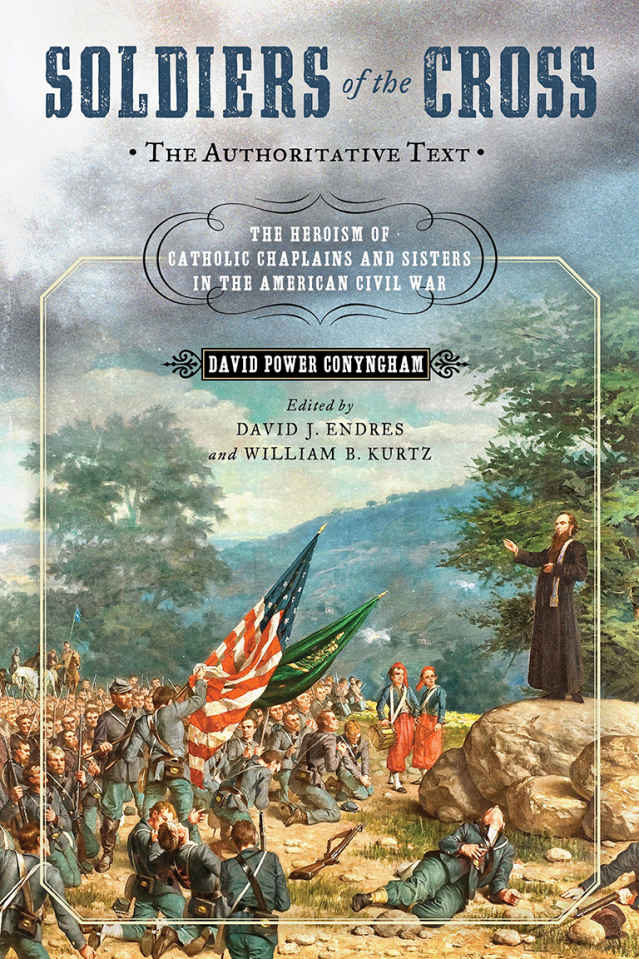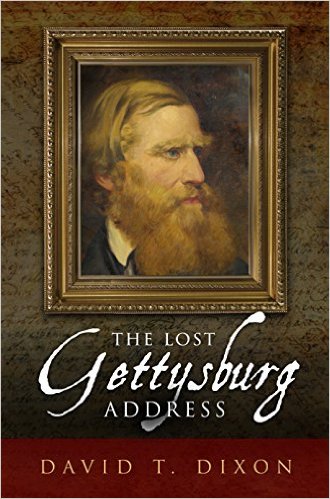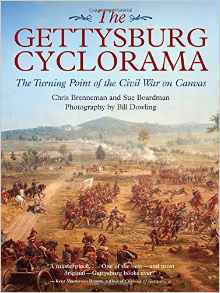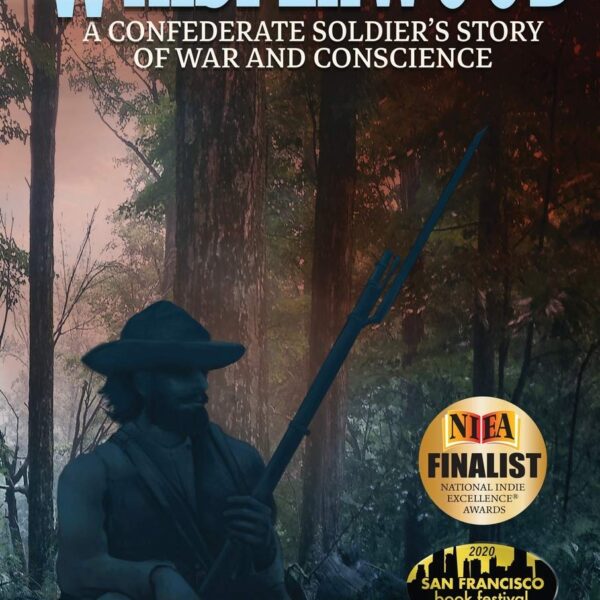Religion in the Civil War has long been of interest to scholars, but during the past twenty years there has been noticeable attention paid to the subject. Recently, several books have covered Catholic chaplains during the conflict. Patrick Hayes edited Confederate chaplain James Sheeran’s massive diary for the Catholic University of America Press in 2016, and Benjamin L. Miller’s In God’s Presence (2019) features several Catholic chaplains in his work on religious space during the war. The University of Notre Dame Press’s edition of David Power Conyngham’s Soldiers of the Cross, an unfinished manuscript from the 1880s, is a welcome addition to a growing field.
David Power Conyngham (1825-1883) came to the United States from Ireland in 1861 to cover the Civil War for an Irish newspaper. He joined the famed Irish Brigade late in 1862 and served on Gen. Thomas Meagher’s staff. In 1864 he accompanied Sherman’s army as it marched through Georgia. Conyngham was a “devout Catholic” and Irish patriot who wrote for newspapers as well as producing books on Irish history and the Civil War for a popular audience (xv). He died of pneumonia in 1883, leaving behind an incomplete work covering Catholic chaplains in the Union and Confederate armies in addition to the labors of sisters in military hospitals.
Of uneven quality, the manuscript contained some polished writing, some reprints of newspaper articles Conyngham had written previously, and some unattributed material from other sources. Around the turn of the twentieth century, a family member sent the manuscript to a priest at the University of Notre Dame. The manuscript sat in the Notre Dame archives ever since (xviii). David Endres and William Kurtz have edited the manuscript expertly, offering Conyngham’s material to scholars as well as those interested in nineteenth-century American Catholic history. The editors recognize that the work “provides” a window “into the unique and underexplored Catholic experience of the war” (xxi).
Conyngham featured twelve Union chaplains and three Confederate chaplains, as well as over a half dozen groups of sisters. Approximately eighty Catholic chaplains served during the Civil War (xii). The chaplains and sisters Conyngham presented were usually either French or Irish immigrants and operated in the different theaters of the war. For example, J. F. Trecy, an Irish immigrant, served as a chaplain for the 4th US Cavalry as it occupied north Alabama. He ministered to both sides and befriended Gen. William Rosecrans, a Catholic convert. Joseph Carrier, a Frenchman and member of the Congregation of the Holy Cross, served the 6th Missouri Cavalry and witnessed the fall of Vicksburg.
On the Confederate side, Conyngham featured Henry Gauche, a French Jesuit, who worked with the 10th Louisiana Volunteers and James Sheeran, an Irish immigrant who travelled throughout the Eastern Theater with another Louisiana unit. Conyngham covered the work of sisters in St. Louis, New York, Charleston, Kentucky, and Illinois. Regardless of ethnicity or allegiance, the chaplains and sisters ministered to all who needed care and usually refrained from political commentary. Conyngham made it clear that Catholics sought to serve their fellow citizens, an important message in a time of increased nativism.
Acutely aware of anti-Catholic prejudice, Conyngham portrayed Catholics in a positive light. As he put it in his introduction, “Always at his post, always doing his duty regardless of hardship and danger, the Catholic chaplain soon came to be regarded with respect and veneration even by men brought up in the most straight-laced and exclusive Puritanism” (13). He depicted the chaplains and sisters as both patriotic and brave. They sacrificed for others in imitation of Jesus, serving as heroic examples of Christian charity.
The chaplains not only spent much time hearing confessions and saying mass for soldiers, but also tended wounded soldiers. Convalescing soldiers appreciated the nursing of the sisters and, as evidenced by the letters of prominent generals included in the book, Catholic chaplains earned the admiration of the military brass. Conyngham believed the Catholic religious had proven they were worthy contributors to American life, and the numerous conversions they inspired attested to that. In addition, Conyngham’s narrative pointed to the ubiquity of Catholics in the United States. Though not numerous, Catholics were part of the lives of both armies and the civilian population.
The editors state that the book is “the fullest record of the Catholic Church’s involvement in the war written during the nineteenth century” (xv). In fact, Conyngham observed many chaplains at work, interviewed them, and recorded their experiences, making his work an important historical artifact. Hopefully, the publication of Soldiers of the Cross can lead to more research on the subject and provide broader understanding of religion during the Civil War.
Adam L. Tate is Professor of History and Chair of the Department of Humanities at Clayton State University.





